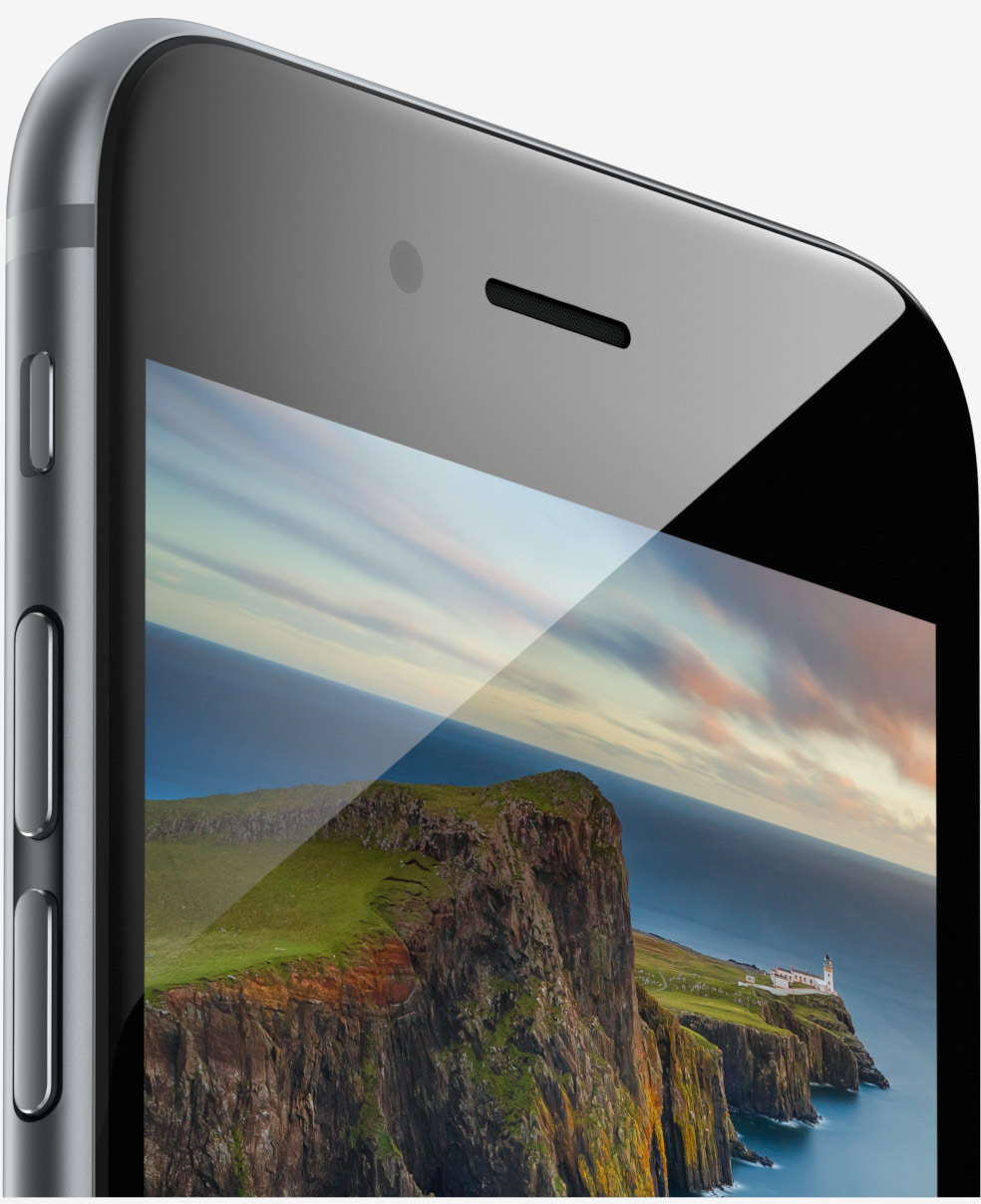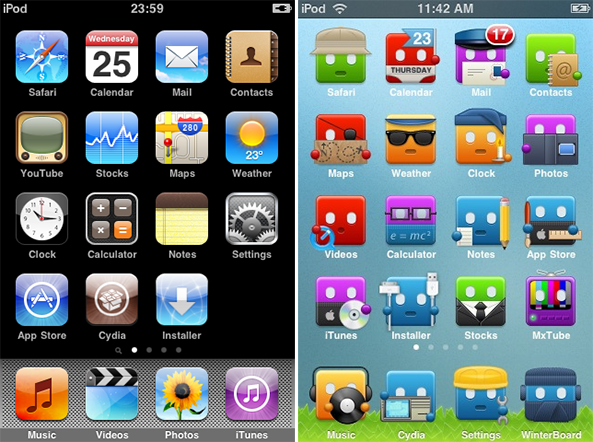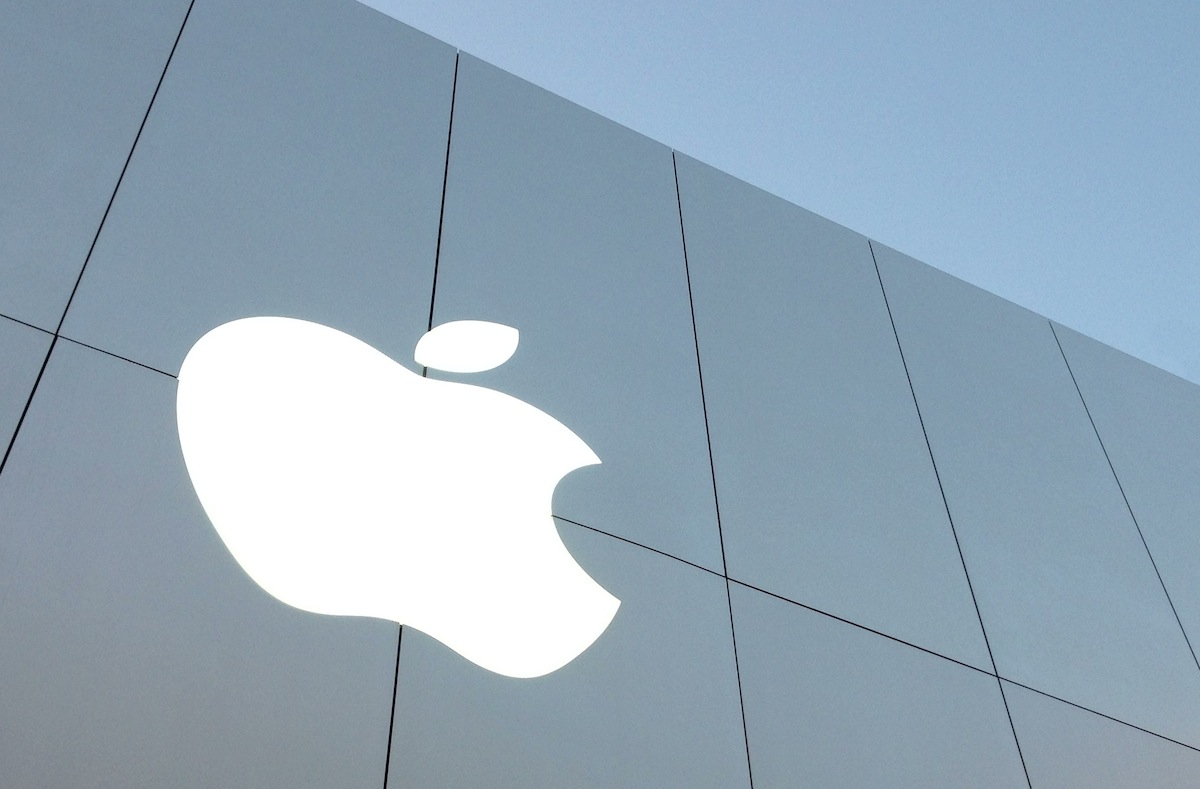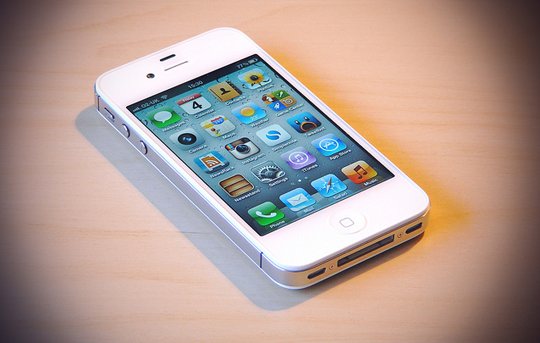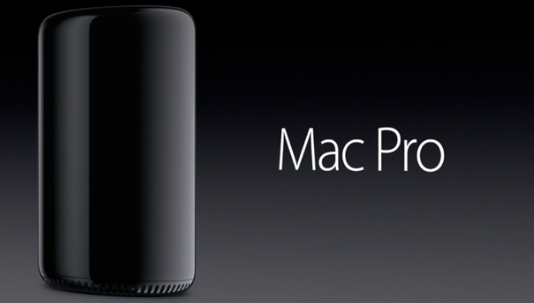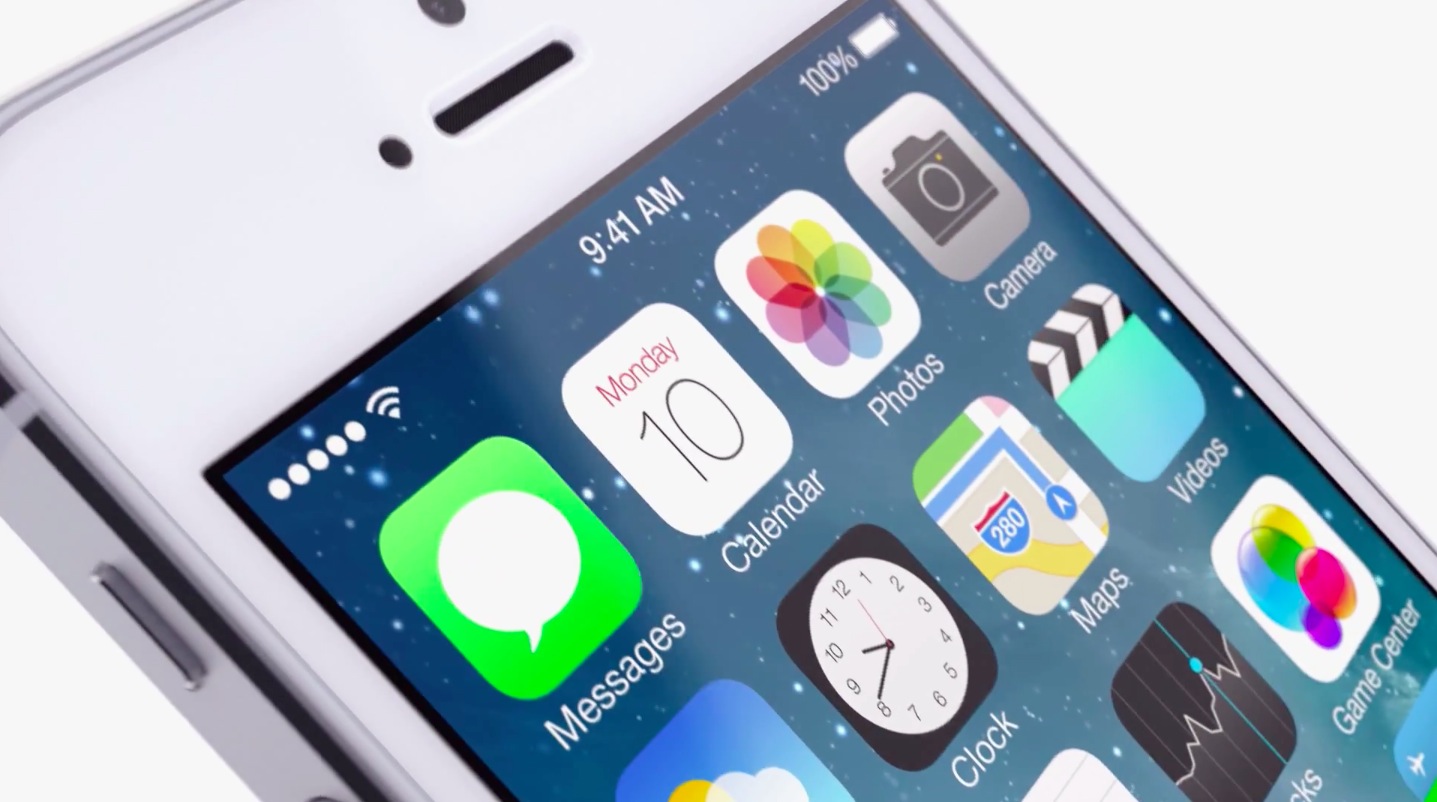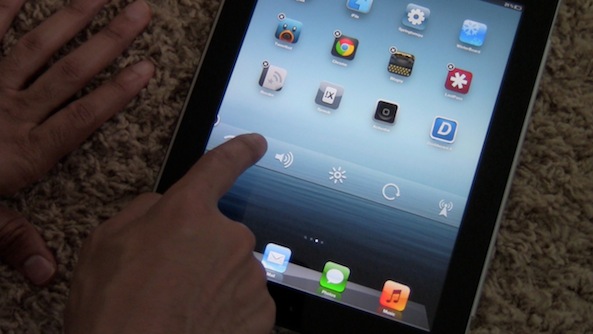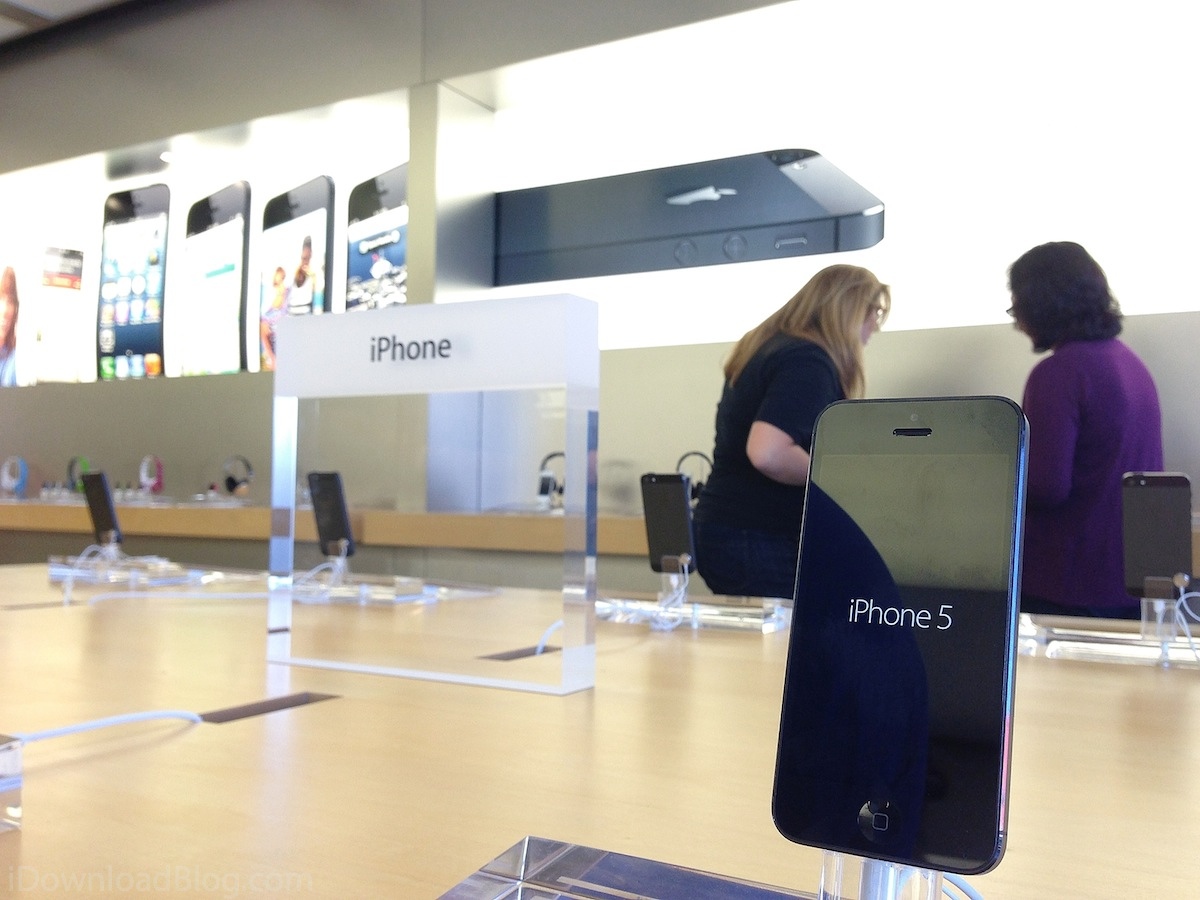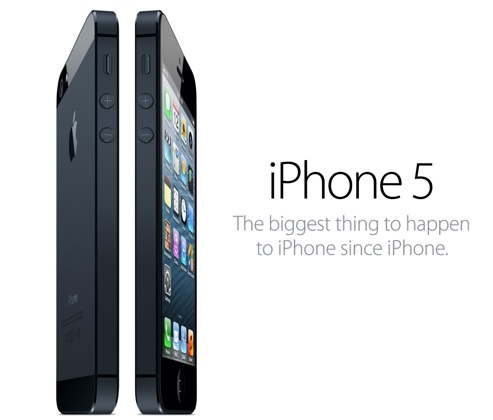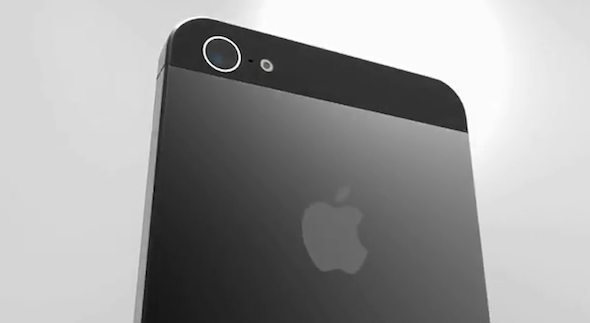The months leading to the announcement of the iPhone 6 and iPhone 6 Plus seemed to drag on and on, but the week following flew by. Within seven short days of reserving my iPhone 6 at my local Apple Store, I had it in my hands. It's here. And it's lovely.
Backing up for a second, it's worth noting that I wasn't one of those people that was hankering for a new iPhone. I certainly wasn't desperate for one that was a great deal larger than my iPhone 5. That phone had been with me for two years, day in and day out. It felt like part of the family, and I'll almost miss it now it's gone.
It's gone because I took advantage of my two-year contract's expiration in order to get a new iPhone. More specifically, a 64GB Space Grey iPhone 6.
This isn't a review, by the way. It's a largely incoherent collection of thoughts after a weekend with what will probably be Apple's best selling iPhone ever. There are plenty of awesome reviews out there if that's your cup of tea.
So let's get started with my story.
